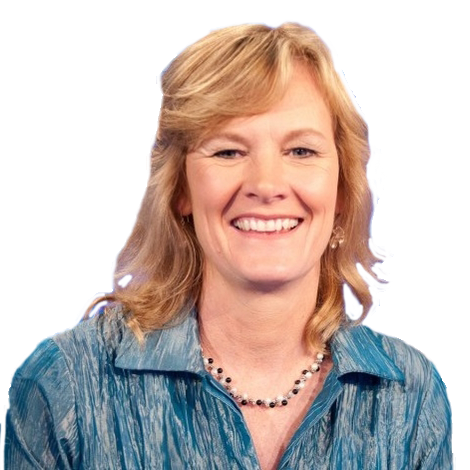
Jackie MacMullan
Biography
Jackie MacMullan was born in Manhasset, New York. MacMullan attended the University of New Hampshire, walked onto the women’s basketball team there as a freshman, and earned a scholarship the following year. She even broke the scoring record for the team in her sophomore year. After graduating from New Hampshire, MacMullan interned with The Boston Globe in the news department, but made her way over to sports, and stayed on as a beat writer, eventually moving up to columnist and associate editor before plying her trade in several more places, like ESPN and Sports Illustrated.
In 2010, MacMullan received the Curt Gowdy Media Award from the Naismith Memorial Basketball Hall of Fame, given to media members who made a “significant contribution to the game of basketball.” She was the first woman to win the award. She has won several more honors, including the University of Massachusetts-Lowell’s For the Love of Sport Award. She was inducted into the New England Basketball Hall of Fame, honored by the New England Women’s Leadership Awards, named a New Fund Hall of Fame media recipient and was awarded a Distinguished Achievement Award from Tufts University. She is also in the University of New Hampshire’s Hall of Honor.
Interviewed by Sean Whooley in 2016
I actually was in the fifth grade, and I went on a field trip to the Honeywell Computer Plant in Massachusetts where I grew up.
I grew up in a town called Westwood, Massachusetts. I just thought it was really, really cool.
Back then computers were new to us, and they were big. The computers we were looking at were as big as armoires–they were huge, they weren’t laptops. They printed out, for each kid our names, so the J was made of all little j’s and the A was made of little a’s, as a fifth grader I think this is just the coolest thing. I guess I was going on and on about it on the bus ride home, and telling Mr. Pender, our teacher about how cool I thought it was, and he said “well, why don’t you write about it?”
He was my math teacher, he wasn’t my English teacher, and I said “what do you mean?” He said “well, write about it, you’re obviously very excited, why don’t you go home and write about it?” So, I did, I went home and I wrote a little story about it.
You know, I used to read a lot of newspapers even at that age. My dad was a big newspaper guy, he was a traveling salesman so we had a bunch of newspapers in the house. Even though I grew up in MA, my dad always brought home the New York papers because he was born and raised in NYC. So, I kind of had an idea of how to write a story, a little bit.
Anyway, I gave it to Mr. Pender, and they actually printed it on the very last page of our weekly newspaper, the Westwood Press, which was not a terrific journalism newspaper.
So, I saw my name in this newspaper, and I just couldn’t believe it, and I thought, wow, this is the coolest thing. So that’s when I decided, oh, maybe this is what I’ll do when I grow up.
Then, you know, as I grew older, I went to a high school that had tremendous sports programs, particularly the girls. The basketball team didn’t lose a league game for almost 17 years, we were really good, but they only ever wrote about the boys.
I’m stomping around the house one day complaining to my dad “how come don’t they write about us? We’re so good.” He said “why don’t you call the paper and ask them?” I said, “well, maybe I will someday.” He’s like, no, do it now.
I was, I think a freshman or sophomore in high school. He stood over me why I called the daily newspaper, the Daily Transcript it was called, and I said “I was just wondering, why don’t you ever cover the girls?”
The guy, his name was Frank Wall, said “I don’t have a staff, it’s just me–if you want to write something, go ahead.” I said “well, I’m in the ninth grade,” and he said, “well, if it stinks, I won’t use it.” So, I started covering my high school teams for The Daily Transcript, and, often times, I was covering games I was playing in–it was kind of weird.
I don’t think you have to be an athlete to cover athletes. Bob Ryan, my colleague at The Globe for many years is one of the greatest sportswriters of all-time and he didn’t really play sports past high school.
I don’t think it’s a requirement, but I think for me, it did help a little bit because I had kind of an interesting career at UNH. I was a walk-on as a freshman, ended up getting scholarship money.
My sophomore and junior year I had two great years. Then, my senior year, they recruited some big girls, some 6’2” or 6’3” girls, and I was only 5’11” so I lost my job.
So, I felt like I kind of ran the gamut of being a star. You know, my sophomore year I broke the school record for scoring, and it only lasted two years and got re-broken.
But, I had the experience of being a walk-on that scrapped their way onto the team and then a star and starter for a couple years, then an afterthought my last year–so I think it did help me understand what some of the athletes I covered were going through.
It’s funny, my last year, as you can imagine, it was really awful to sit on the bench and not play–that was really hard–but what it did do was, you watched the game, and you kind of learned a little bit about the game.
I was older by then, I was paying attention and watching the game and learning about it and figuring out what worked and didn’t work, so in some ways it probably helped me a little bit.
-----
I was so lucky to work there [The Boston Globe]. For a kid growing up in New England, The Globe sports section was the best section in the country. I went to the University of New Hampshire and we had an internship program through UNH that guaranteed one student per semester got to go to The Globe and be an intern, but it wasn’t for sports it was for news.
I was playing basketball, so I wasn’t able to do the internships during the school year like everyone else because basketball covers both semesters. I had to do my internships in the summer, so I was behind. One of the stipulations that The Globe internship had back then was that you could not be a college graduate.
They didn’t want any kids graduating from college doing internships because they didn’t want anyone bugging them for a job after you were done–you had to be an undergrad.
The summer after my junior year, I did an internship at the Gloucester Daily Times. Then, the summer after my senior year, I wanted to do The Globe internship but I was graduating.
My professor, Andy Merton came up with this brilliant idea that we would defer my graduation, so technically I was an undergrad, but I really wasn’t–I had graduated. It made me eligible for this program. I went and worked at the news side, working the 7 a.m. to 3:30 p.m. shift.
Whenever I got done, I’d head over to the sports section, because I’d become really good friends with another intern, Ian Thompson. He kind of became one of my best friends.
We hung out a lot together, so I was always kind of hanging around the sports department. One day, something happened, some news broke, and they needed a body and I was there. So, I said “I’ll do it,” and Vince Doria (the sports editor at the time) is like “who the hell are you.” I said I was a news intern, but I love sports, I’d love to do it, so he let me do it.
When my summer ended, I went to Vince and said “I want to do sports, I’ve always wanted to do sports. I’m young, I’m cheap, I’m a woman, I’ll do anything.”
Ironically, Bob Ryan, that year, had left The Globe for Channel 5, so there was an opening.
Obviously, I wasn’t going to do his job, so Vince hired me to cover some football games because he hadn’t really read any of my stuff. I freelanced and did a couple of college football games, Northeastern, UNH, you know, nothing sexy.
He hired me–God I was so lucky–I’m working with Bob Ryan, Leigh Montville, Will McDonough, Peter Gammons, Dan Shaughnessy, Ron Borges–all these amazing journalists, I couldn’t believe it. And, I was 21 years old! It was amazing.
I was very fortunate, and I learned a lot from those people. Will’s the one that taught me about reporting and journalism and breaking stories, and Montville taught me about writing, he just had a beautiful way of writing, and Bob was the best beat writer I’ve ever seen. No detail was too small, how to write a game story.
He used to do these notes, the off-day notes, and they were the best thing in the paper some days. He was just so talented, and all of them were so generous with their time and their knowledge.
Ian was an intern and did go back to school, but the next year he came back and they hired him as well! So the two of us started out in this incredible sports department, and we were just so darn lucky.
I was lucky in a couple of ways. First of all, when I first started working at The Globe, I wasn’t on television then, I wasn’t on radio then, so everybody thought I was a guy because my name is Jackie. It was a great gift, because they didn’t pre-judge me. If my name was Debbie, it might have been different.
People gave me a real chance, they made up their own mind, like “this guy knows what he’s doing, or this guy sucks.” Whatever they decided. They weren’t like “oh my God, it’s a girl, I don’t want to read her.” I was lucky in that regard, that I got a fair shake right off the top.
It was the greatest place in the world. I was at the ’86 World Series, ’87 Stanley Cup Finals, I’ve covered every single Super Bowl the Patriots have been in, win or lose, all of them.
I covered the NBA Finals, I got to go to the NCAA Final Four, I got to cover Henley in England, I got to go to China to write about Chinese basketball. I’ve been all over the world because of this job and saw some of the greatest dynasties ever.
I covered all the modern-day Red Sox World Series.. I was there for 2004, 2007, 2013. This year would have been the first time I wouldn’t have been doing it and of course they were bounced in the first round so it doesn’t matter! My kids have grown up thinking “oh, the Celtics always win, the Patriots always win.” I grew up in a Boston where the Patriots never won, ever.
-----
Every one of [my books] was a little different. When I did the book with Geno [Aurriemma] I barely knew him, and I wasn’t sure I wanted to do it, because I thought it was important to have a rapport with someone, but he just turned out to be so fascinating.
Unfortunately for us, we did the book during probably the three worst years of his career. The book was very critically acclaimed, but it didn’t sell very well–it was probably the only lull in his career where he didn’t win championships.
The one I love the most is the Magic and Larry book, because I got to write it as a third-person narrative as opposed to first-person. I interviewed, I don’t know, over 100 people and it was just a really fun thing to do.
The biggest challenge with those books, and it came into play for sure with Shaq, was, I knew some things about these guys that I felt needed to be addressed. In the case of Shaq, he had a difficult personal situation with his wife. He was a notorious womanizer and it ended his marriage. I wasn’t going to sugarcoat that, so before we signed on to do the project together, I said to him “I’m not making up any stuff for you, we’re going to deal in real things. I’m not going to cover for you on this.” That took a little time to convince him and make him understand that I was serious about that.
He did acknowledge in the book we did together that he wasn’t always the best guy when it came to that, and he had some regrets about that. I thought that was important, but in the end, they actually used it in a deposition against him, so that probably wasn’t the best thing.
But, I wasn’t going to sugarcoat things with these guys when they did their books. Every time you write a book with someone, their agents, their family are going to have some objections and sometimes you’re not going to get stuff in that you’d like, that you thought belonged in there, and that’s a painful process. But, that’s the casualty, I guess, of doing that kind of project.
Certainly of the books, Magic and Bird was my favorite. The stories that meant something to me were the ones that affected change. I did a story with Teddy Bruschi, who had an alcohol issue, and shared that with me, then called me the next day and said “I don’t know, I don’t know if I should be talking about this.” I said “just think of all the people you can help.”
The stories where you affected change, and we did some investigative work on various projects. Stories that made a difference, those are the ones that you tend to remember the most. Some of the stories you do, there is some real unpleasant backlash, and you kind of have to live with that.
The hardest thing about our job is, we’re human beings, and you cover all these players, and some of them you grow to really like. Yet, at some point, if you’re doing your job, you’re probably going to have to criticize them. That’s part of the job, and that’s the most unpleasant part of the job. Conversely, there are people you really hate and you’re going to have to write nice things about them because they performed on the field or on the court. That’s the deal.
The hardest ones are when you really like somebody. Dennis Johnson was someone I was very fond of, but near the end of his career he had a hard time accepting a more reduced role. He was petulant, he didn’t handle it well, and it was my job to write that. He called me at home and said “I thought we were friends.” I’m like “why would you think we’re friends. We’re not friends! I like you, but we don’t do things together. My job is to write about you.” Those conversations are hard, but they’re necessary.
I think the one thing you always have to tell people is, it’s alright to love sports. We’re human beings, so you’re going to grow to like some people, you’re going to grow to dislike some people. But, you have to find a way to remain objective, and it’s the hardest thing we do, but it’s the most necessary thing we do.
You can’t cover the Patriots and be a fan, and be yelling when they score a touchdown. That’s not our job. With that comes a deep breath sometimes, and you write some things that won’t be popular. You’re going to hear about it on Twitter, in your email inbox, on social media. You kind of have to be prepared for that, and that’s just a part of the business.
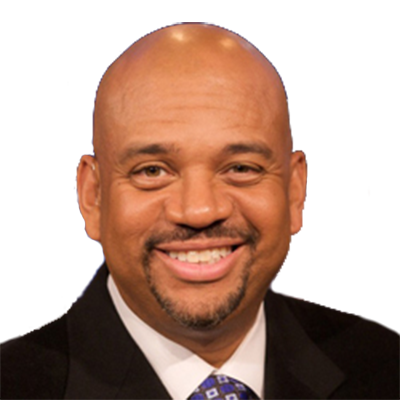 Michael Wilbon
Michael Wilbon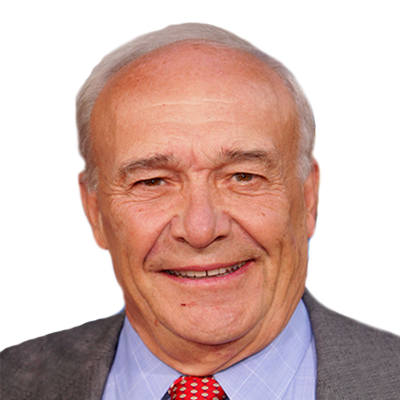 Bill Nack
Bill Nack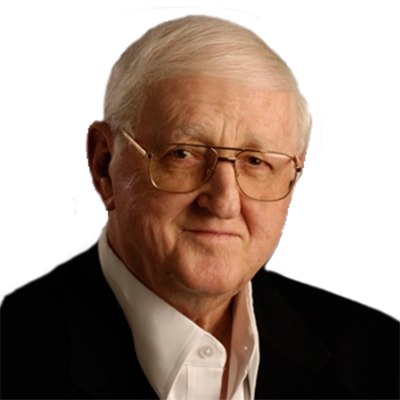 Dan Jenkins
Dan Jenkins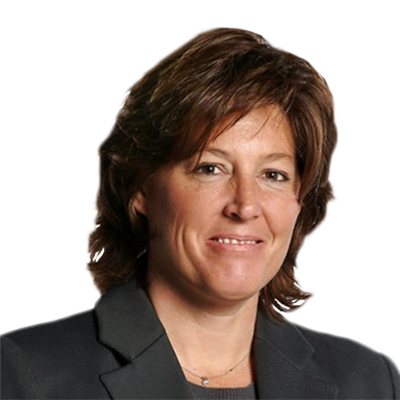 Sally Jenkins
Sally Jenkins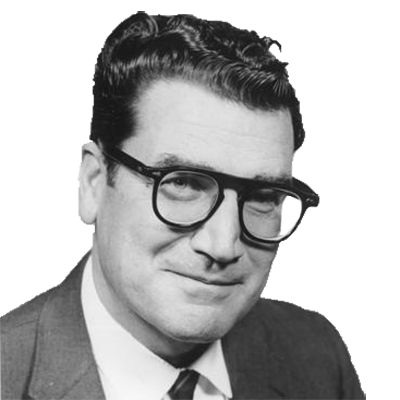 Jim Murray
Jim Murray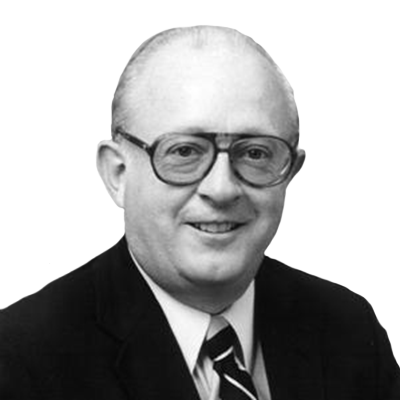 Dave Anderson
Dave Anderson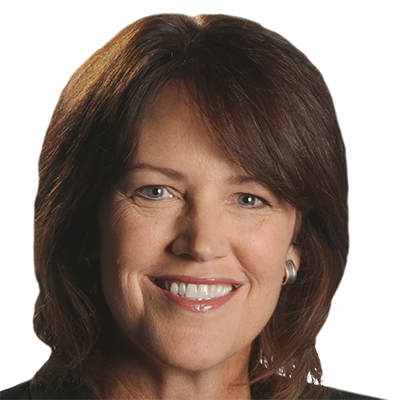 Christine Brennan
Christine Brennan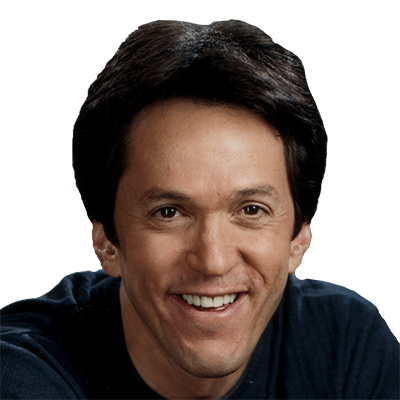 Mitch Albom
Mitch Albom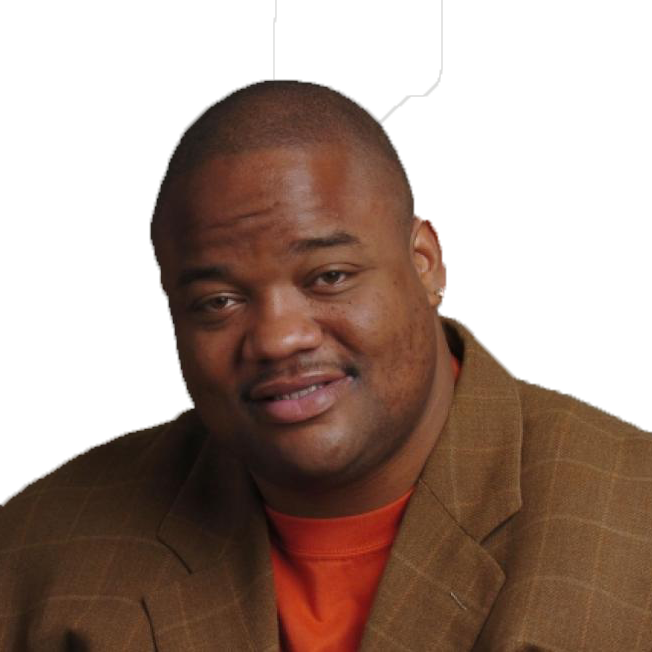 Jason Whitlock
Jason Whitlock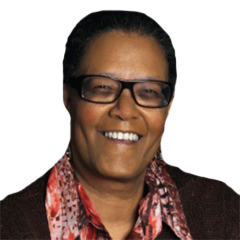 Claire Smith
Claire Smith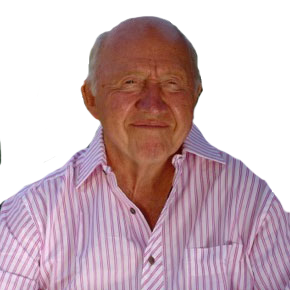 Bud Collins
Bud Collins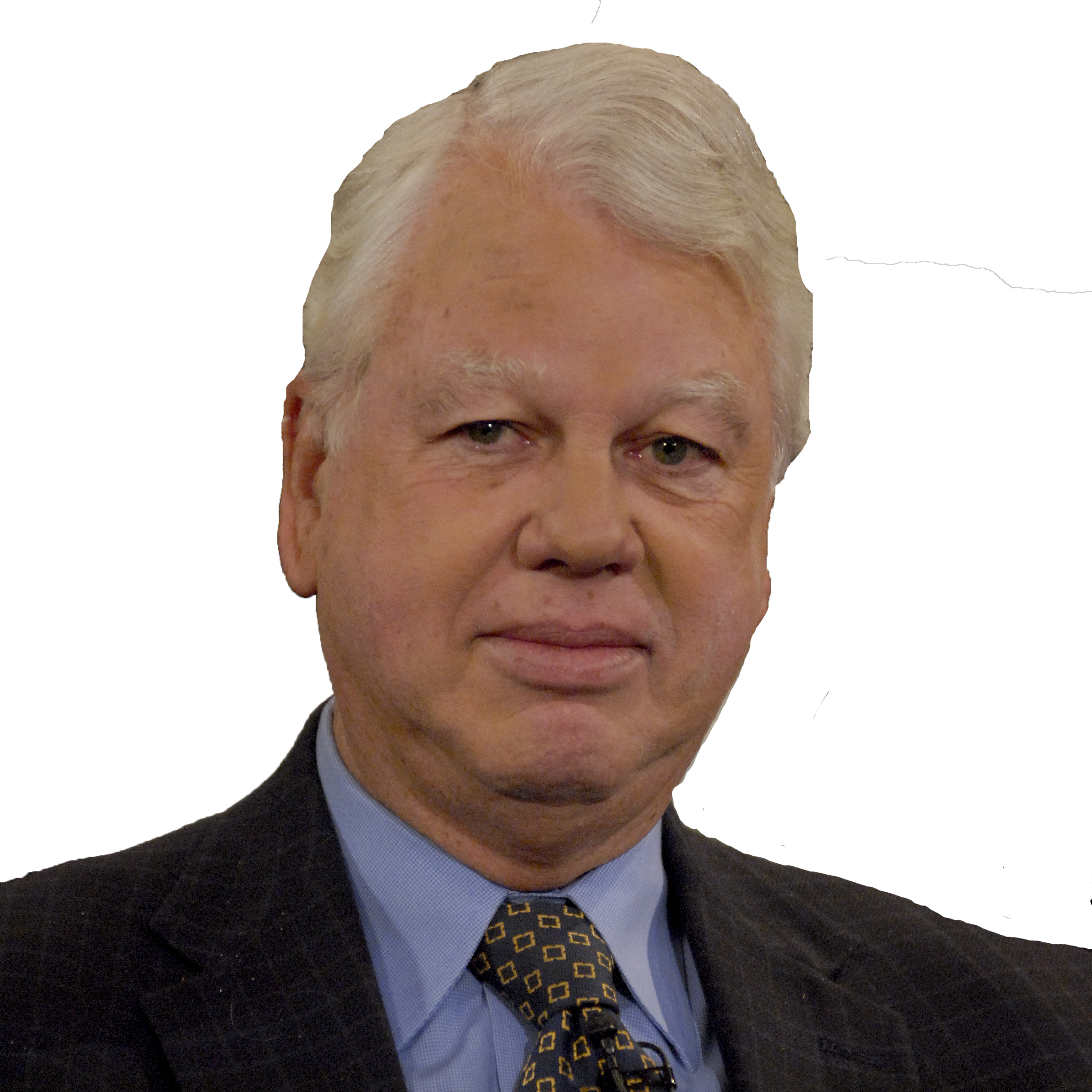 Bob Ryan
Bob Ryan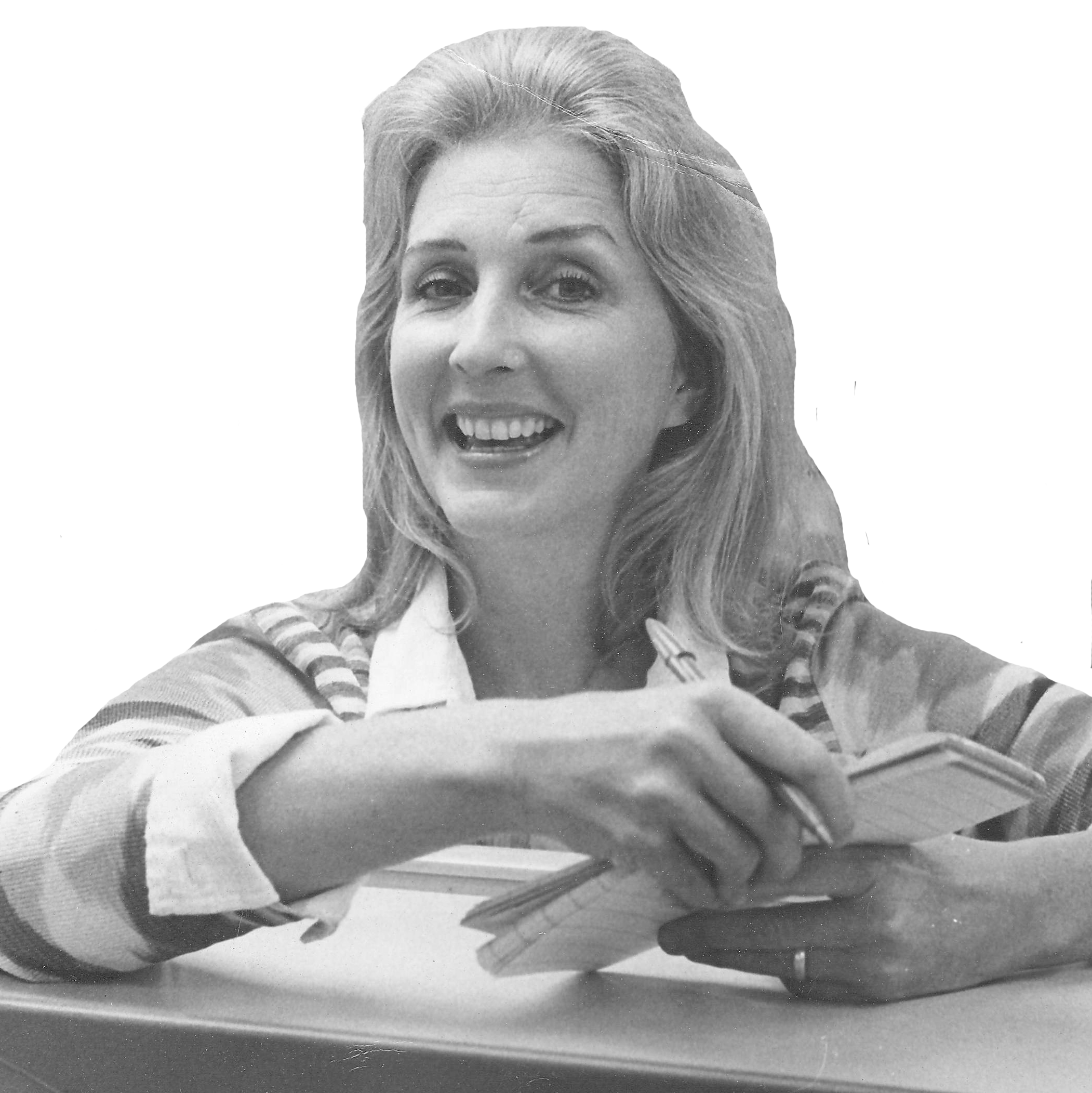 Joan Ryan
Joan Ryan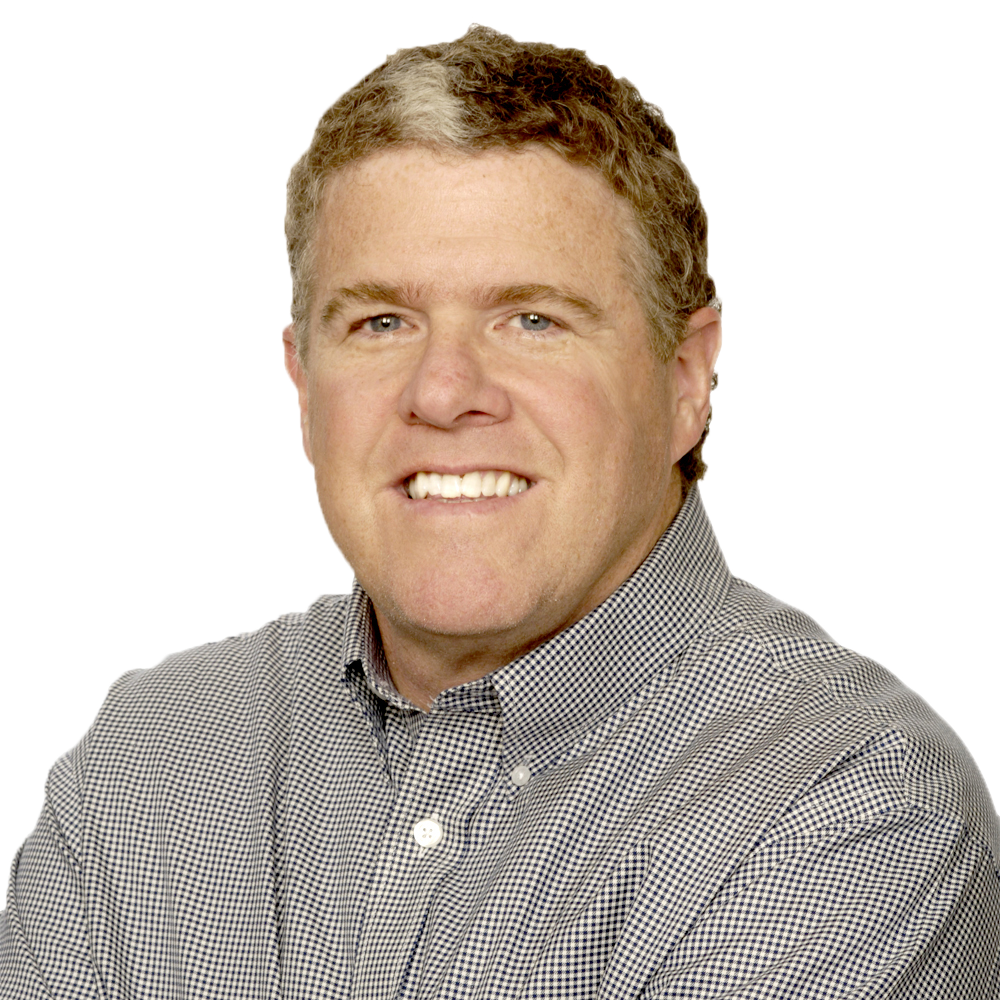 Peter King
Peter King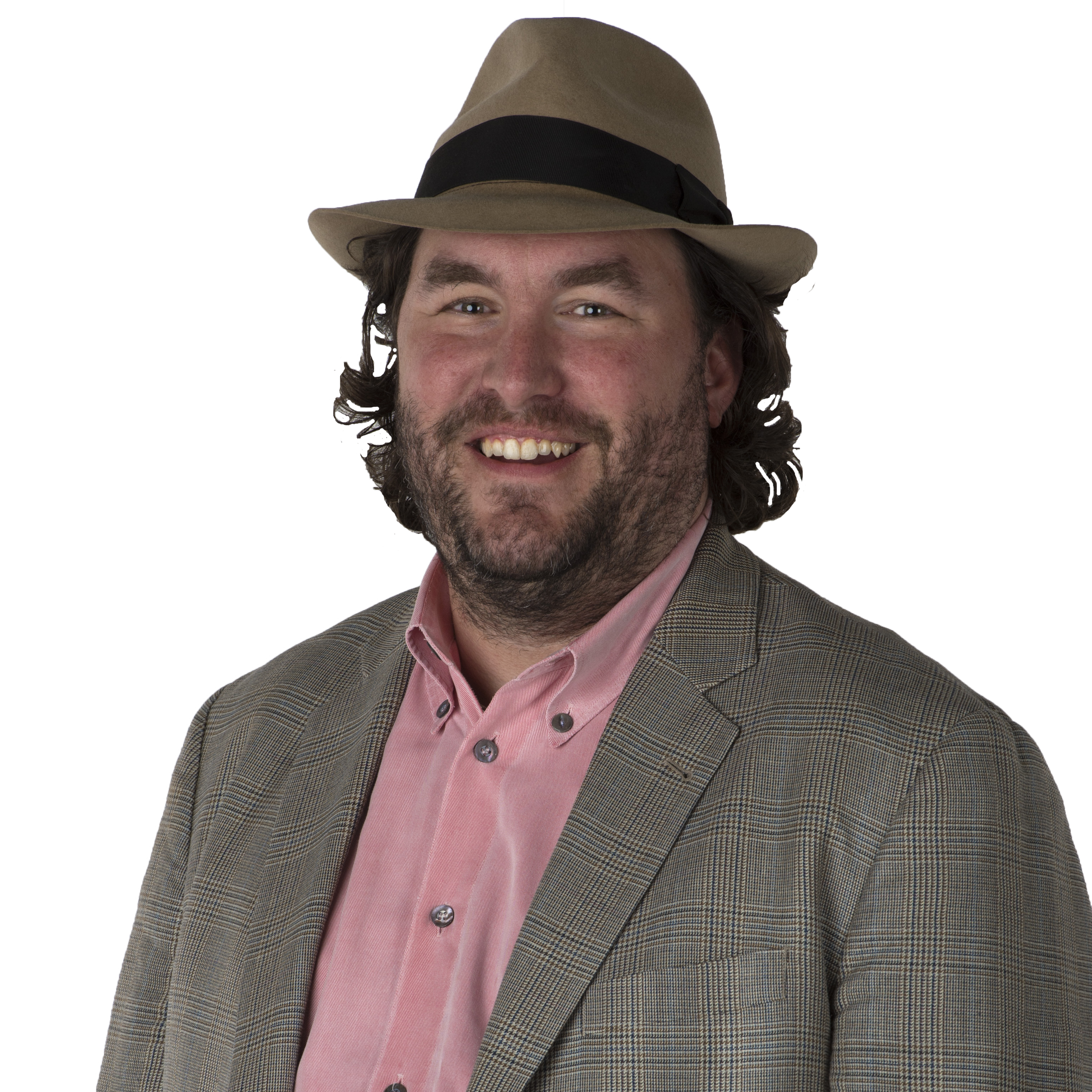 Wright Thompson
Wright Thompson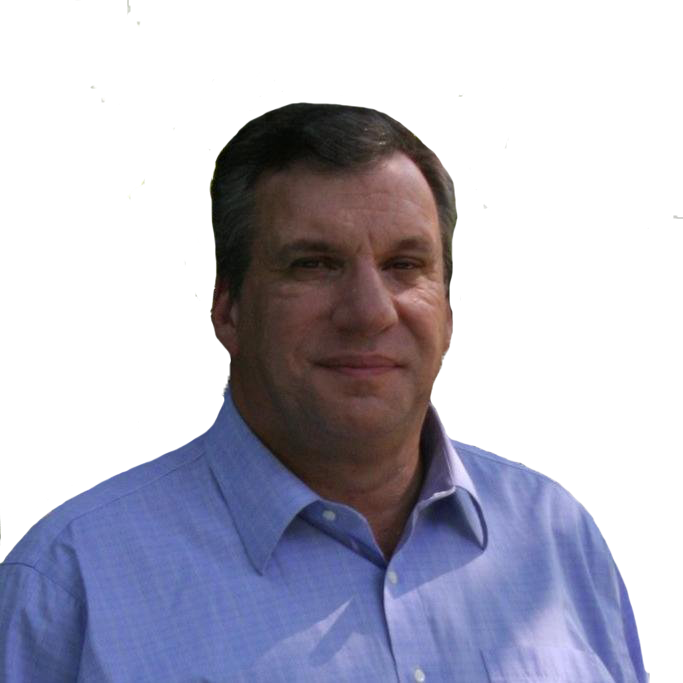 John Feinstein
John Feinstein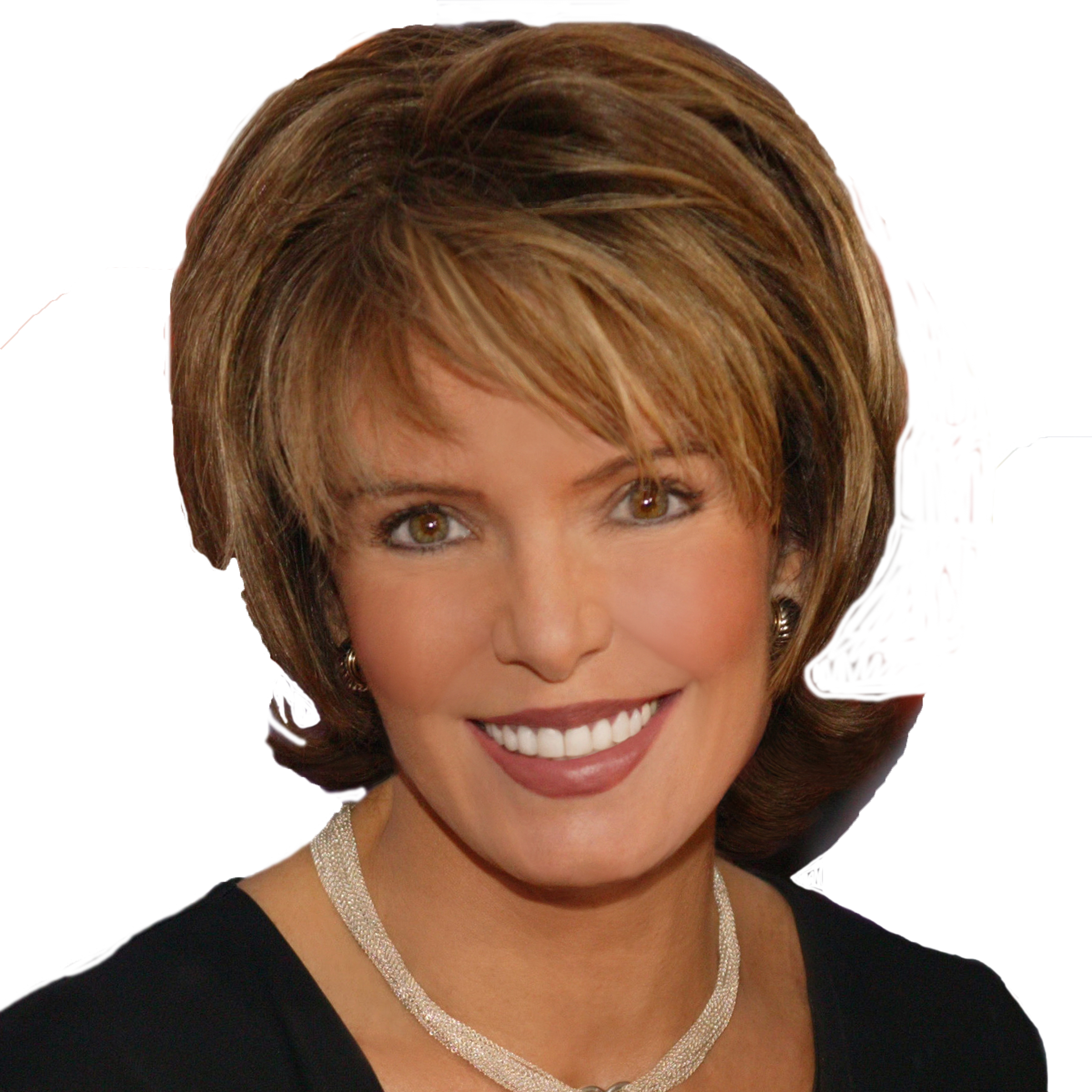 Lesley Visser
Lesley Visser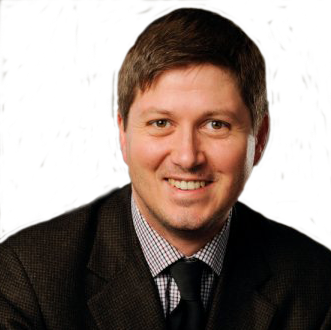 Will Leitch
Will Leitch Tim Kurkjian
Tim Kurkjian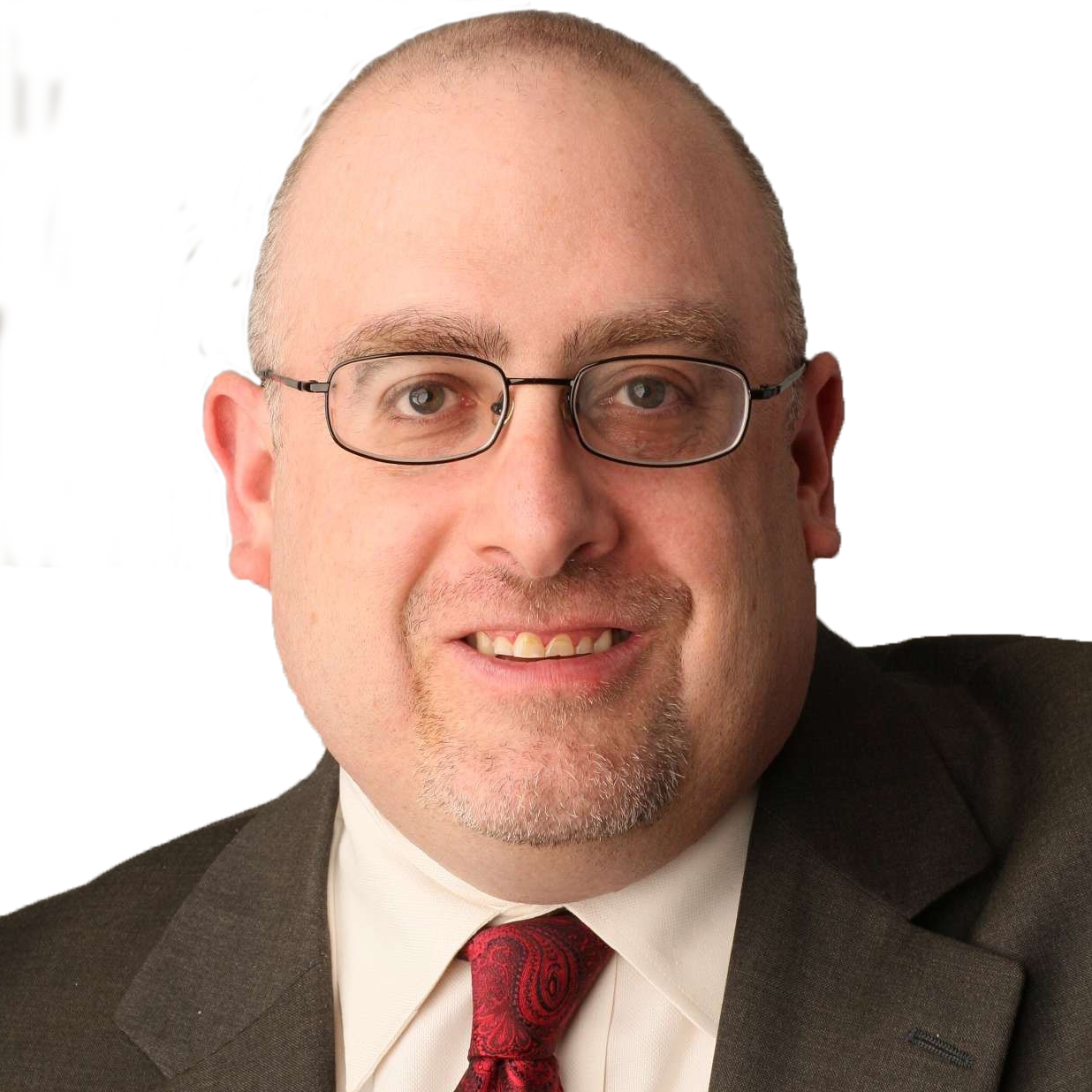 Joe Posnanski
Joe Posnanski
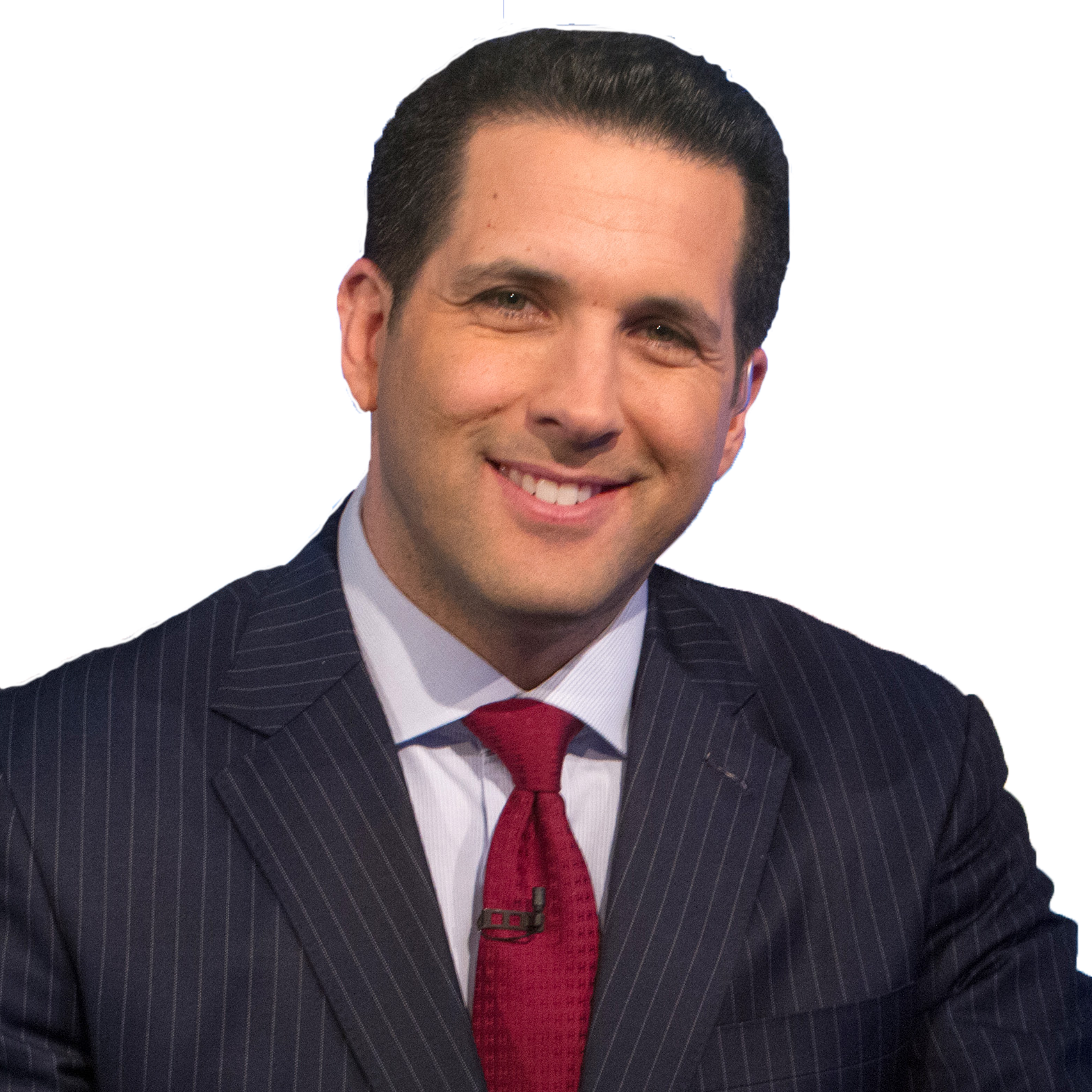 Adam Schefter
Adam Schefter
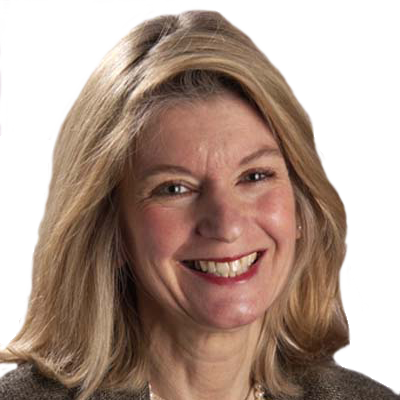 Terry Taylor
Terry Taylor
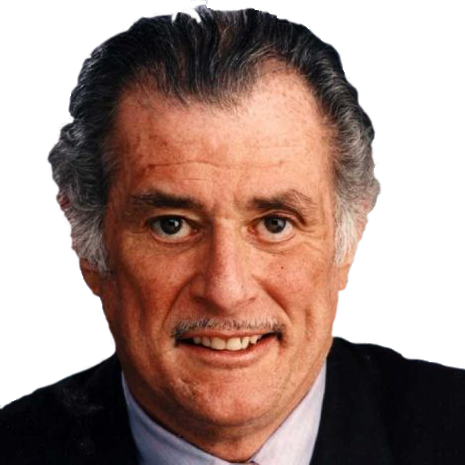 Frank Deford
Frank Deford
 Tom Boswell
Tom Boswell
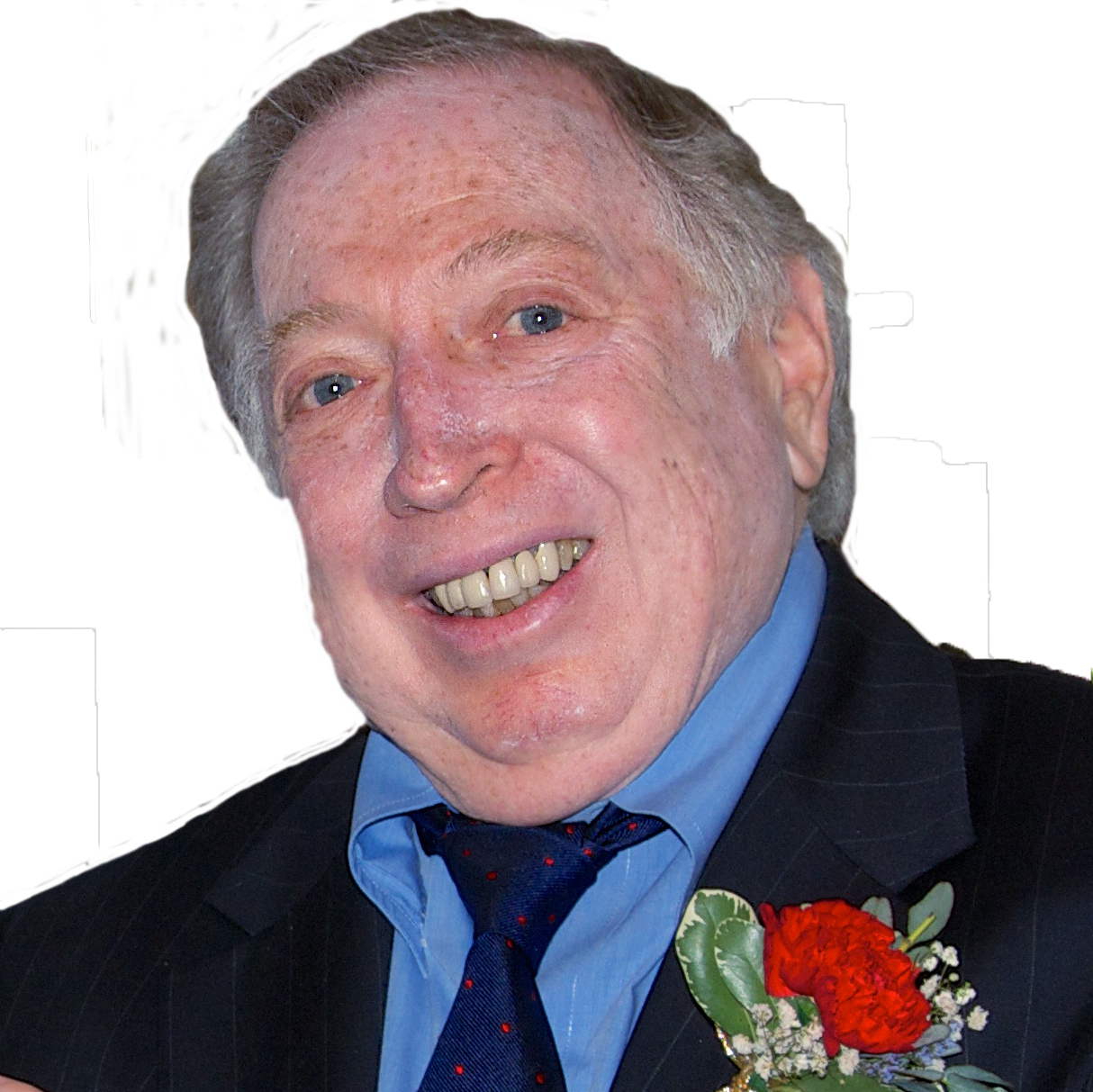 Neil Leifer
Neil Leifer
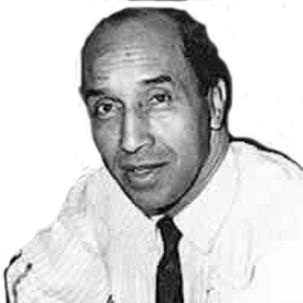 Sam Lacy
Sam Lacy
 Jane Leavy
Jane Leavy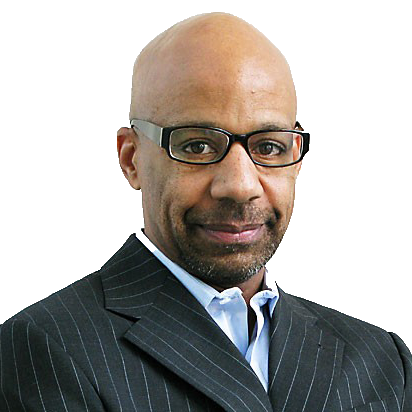 Kevin Blackistone
Kevin Blackistone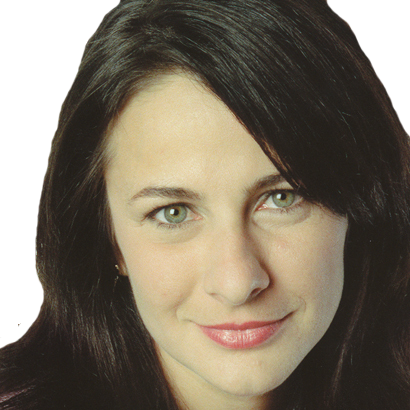 Juliet Macur
Juliet Macur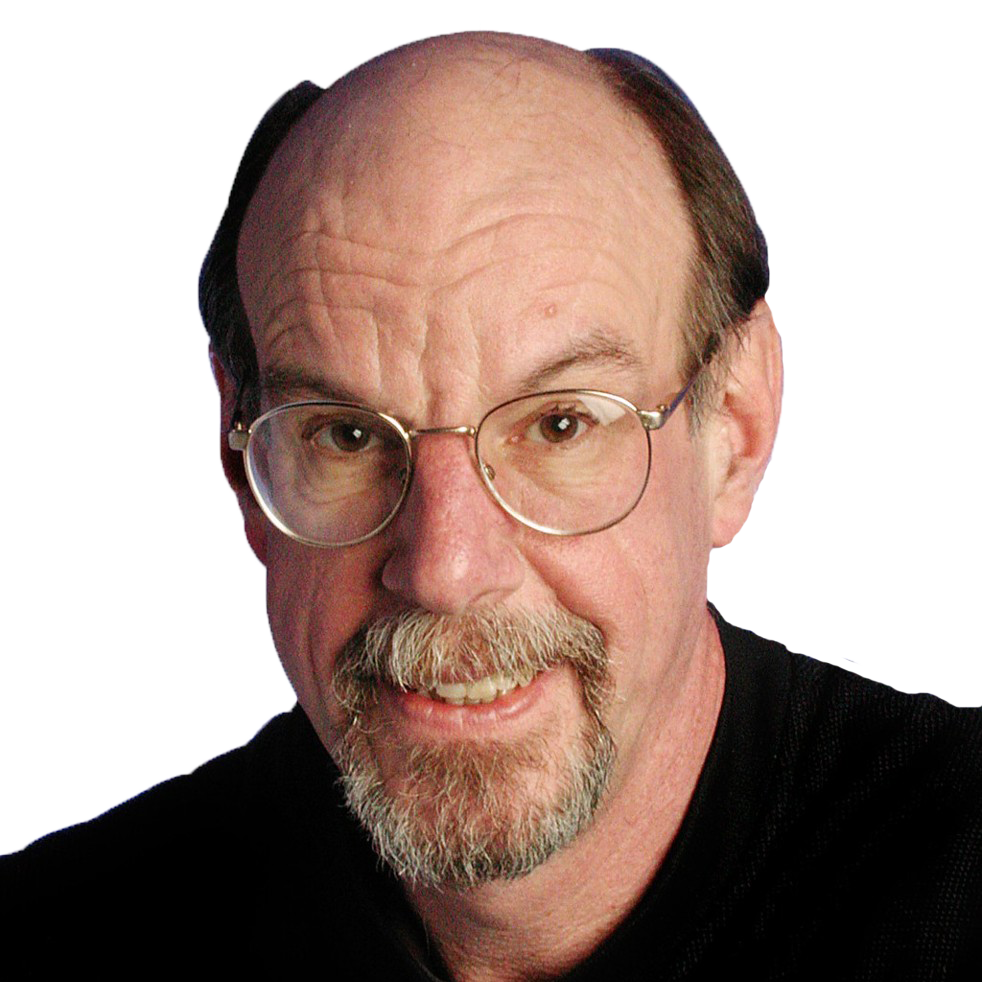 Andrew Beyer
Andrew Beyer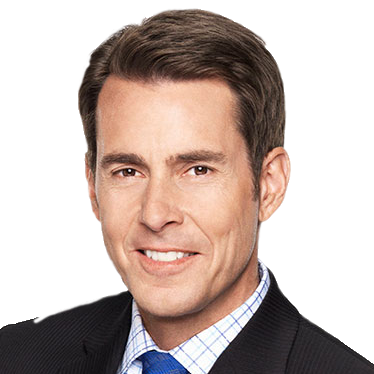 Tom Verducci
Tom Verducci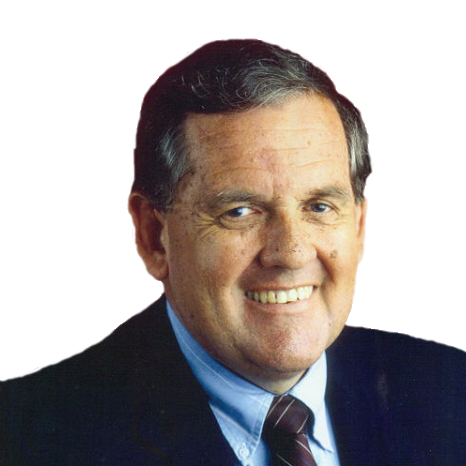 Hubert Mizell
Hubert Mizell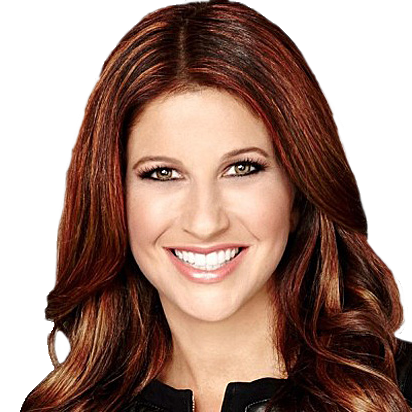 Rachel Nichols
Rachel Nichols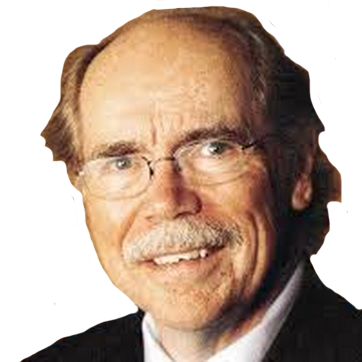 Dave Kindred
Dave Kindred Mike Lupica
Mike Lupica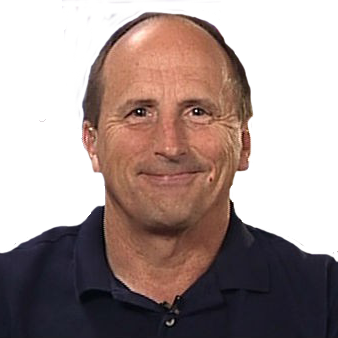 Richard Justice
Richard Justice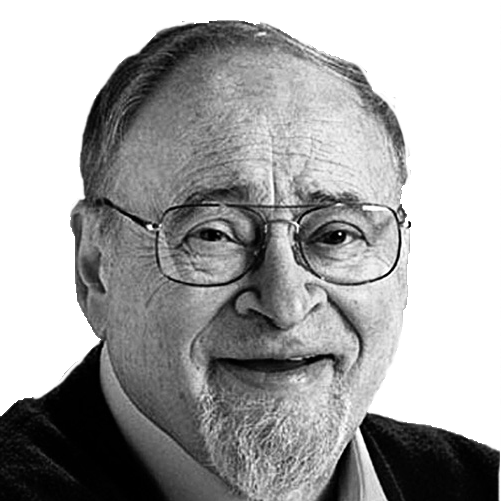 Jerry Izenberg
Jerry Izenberg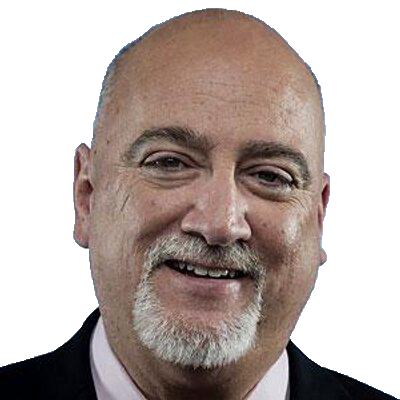 Bill Plaschke
Bill Plaschke Kevin Van Valkenburg
Kevin Van Valkenburg George Vecsey
George Vecsey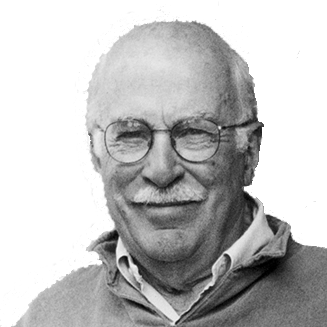 Roger Angell
Roger Angell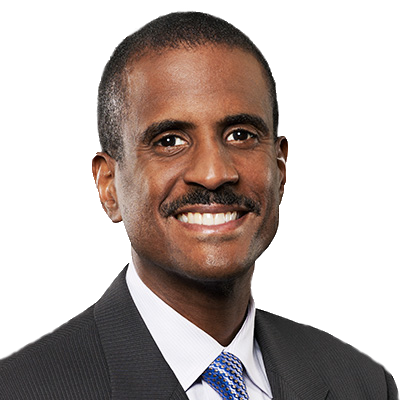 David Aldridge
David Aldridge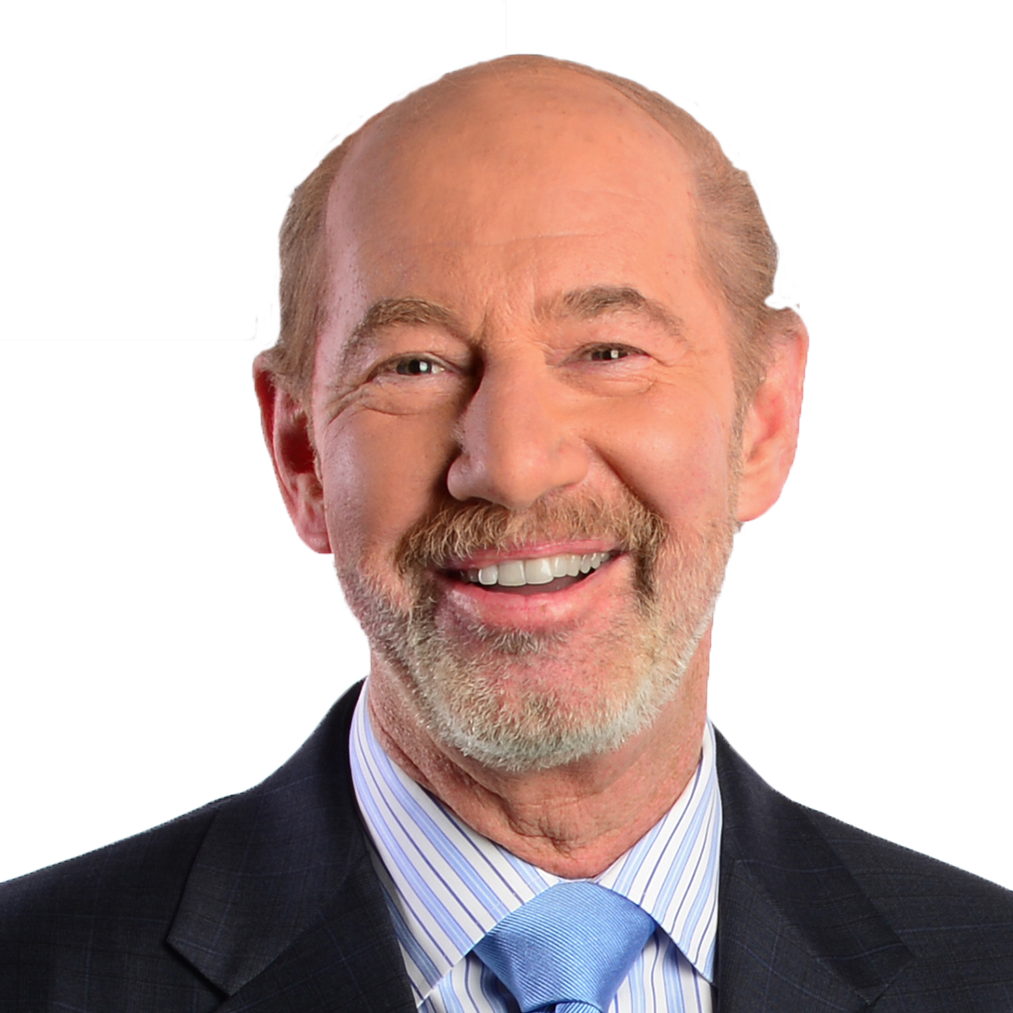 Tony Kornheiser
Tony Kornheiser Jackie MacMullan
Jackie MacMullan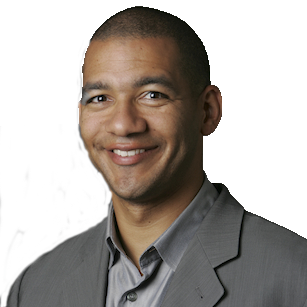 J.A. Adande
J.A. Adande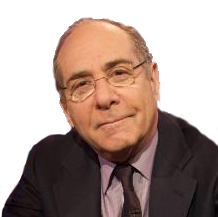 Robert Lipsyte
Robert Lipsyte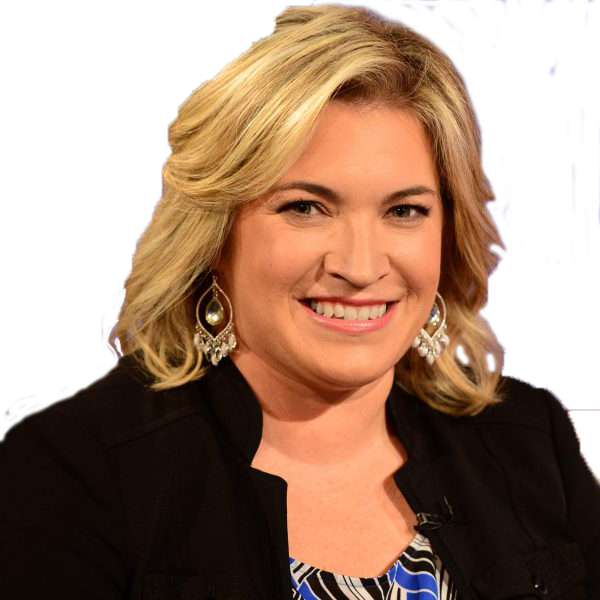 Ramona Shelburne
Ramona Shelburne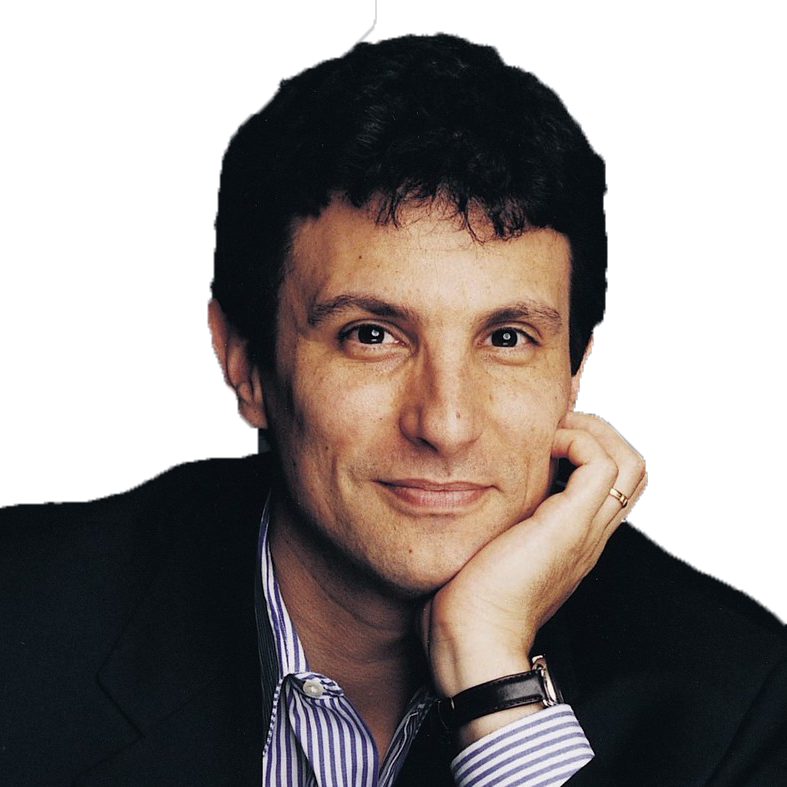 David Remnick
David Remnick Bryan Curtis
Bryan Curtis Chuck Culpepper
Chuck Culpepper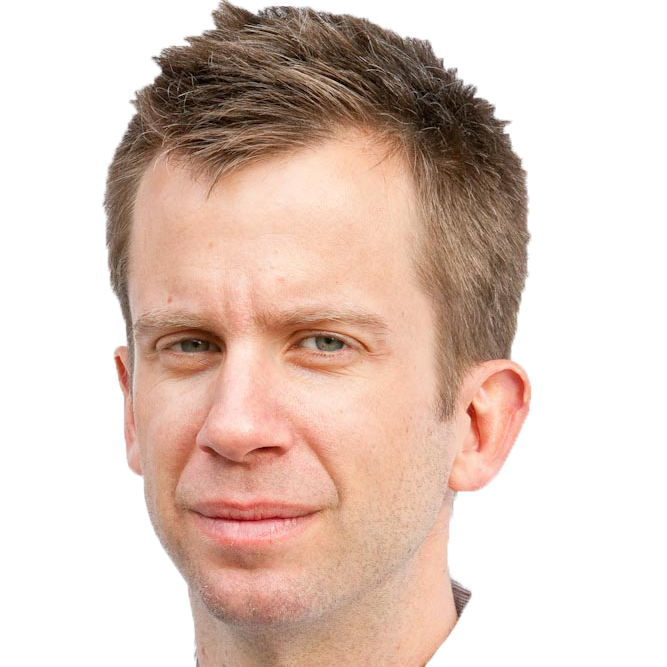 Jason Gay
Jason Gay Heidi Blake
Heidi Blake Dan Steinberg
Dan Steinberg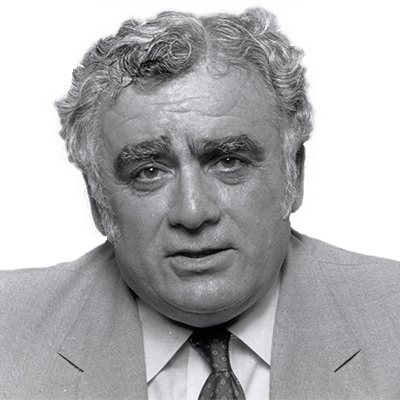 Jerome Holtzman
Jerome Holtzman Barry Svrluga
Barry Svrluga
